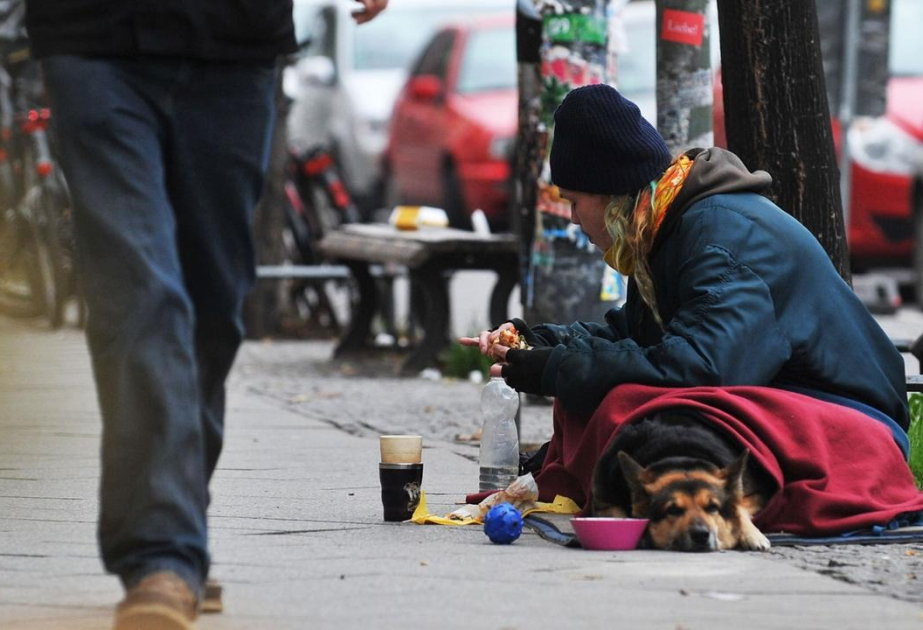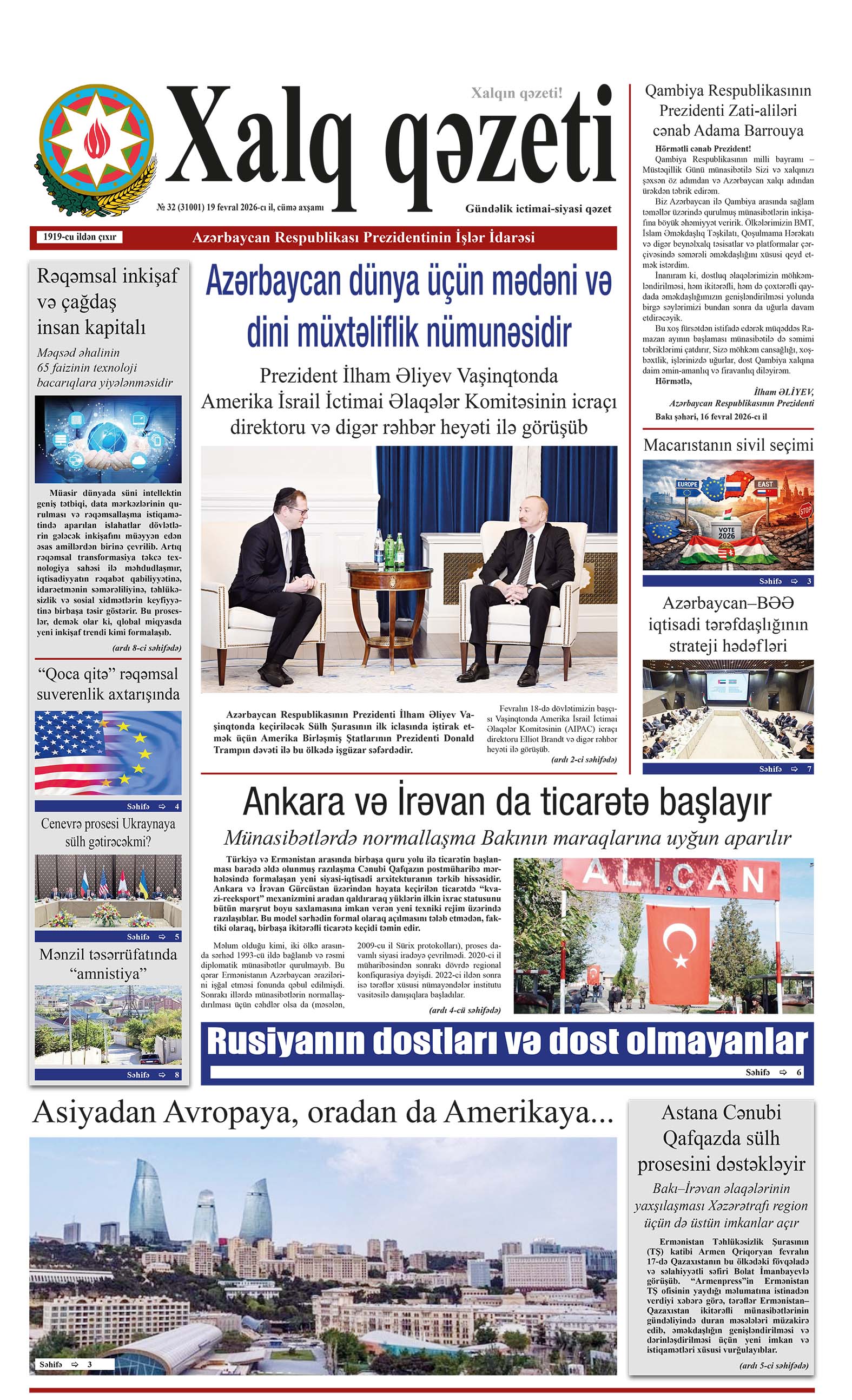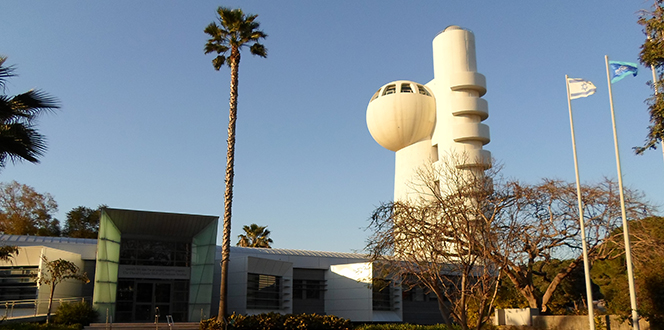The economic situation for Germany's poor has deteriorated rapidly, with inflation hitting the country's most vulnerable populations hardest, Anadolu Agency reported citing the new report released Tuesday.
The study by the German Parity Welfare Association found that 13 million people—nearly one in six Germans—are now living below the poverty line. The poverty rate climbed to 15.5% of the population in 2024, a 1.1 percentage point increase from the previous year.
“The figures confirm what many people on low incomes have long felt in their everyday lives: the poor are getting poorer,” said Joachim Rock, Managing Director of the German Parity Welfare Association, in a statement. “The loss of purchasing power in recent years worsened the already difficult financial situation of millions of affected people. The new government must make fighting poverty and social exclusion a top priority,” he stressed.
In Europe's largest economy, poverty impacted single parents, young adults, and retirees most severely, with elderly women facing particular vulnerability, according to the report. The median monthly income for those below the poverty line dropped from €981 ($1,118) in 2020 to €921 ($1,049) in 2024, after adjusting for inflation. Nearly 5 million people in the country lacked sufficient income to heat their homes adequately or replace worn-out clothing.
The report identified rising rents and housing costs as a key driver of increasing poverty rates across Germany. Thirty-seven percent of poor households were overburdened, spending more than 40% of their income on housing. Even more concerning, twenty-five percent of poor households faced severe financial hardship, with over half their limited income going to rent, utilities, and heating—leaving them unable to afford basic needs like food, healthcare, and education.




















